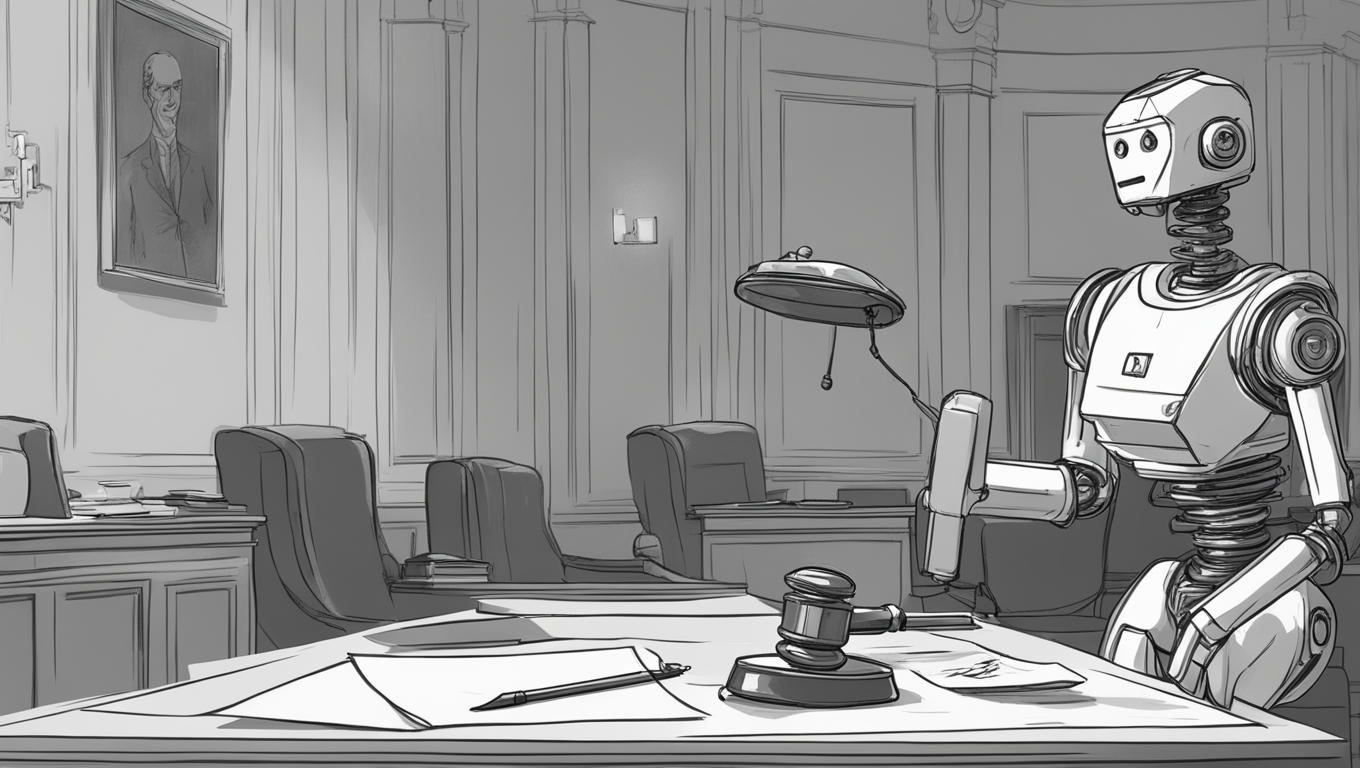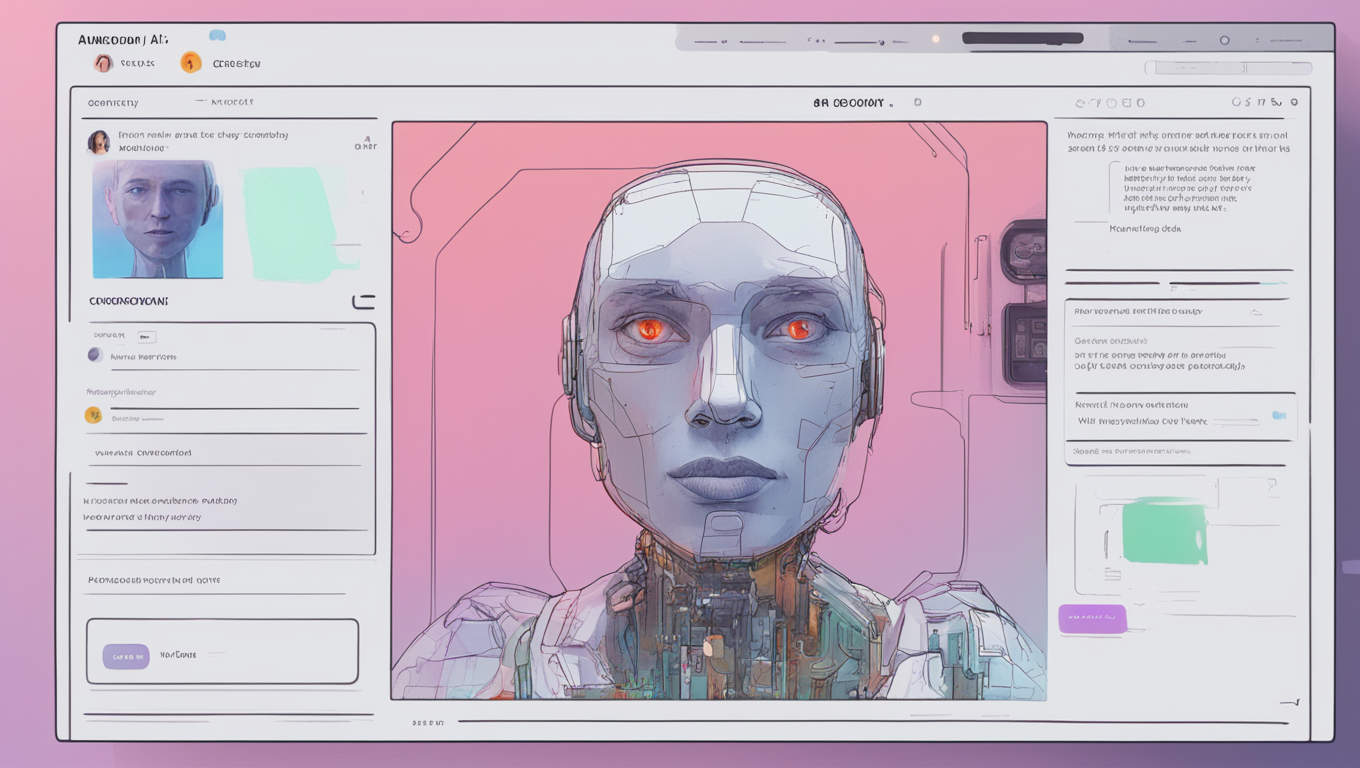In a setback for the European Union’s landmark legislation on artificial intelligence (AI), lawmakers are struggling to agree on how to regulate systems like ChatGPT. This lack of consensus threatens to derail the proposed AI Act, which aims to ensure the responsible and ethical use of AI technology. The main point of contention in the discussions appears to be the regulation of foundation models, such as the ones used by ChatGPT.
Foundation models serve as the backbone for many AI systems, providing the underlying knowledge and structure upon which these systems are built. ChatGPT, which is developed by OpenAI, is a prime example of a system that utilizes a foundation model. It uses large-scale language models trained on vast amounts of data to deliver natural language responses to user inputs.
EU lawmakers are grappling with how to effectively regulate these foundation models. On one hand, there is a concern that overly restrictive regulations could hinder innovation and stifle the development of AI technology. On the other hand, there is a pressing need to establish safeguards and guidelines to prevent the misuse and potential harm caused by AI.
“The challenge lies in finding the right balance between promoting innovation and ensuring responsible AI deployment. We need to strike a delicate balance that allows for the advancement of AI technology while putting in place safeguards to protect against unintended consequences,” says Dr. Marie Weber, an AI researcher at the European Institute of Technology.
The proposed AI Act, which was unveiled by the European Commission in April, seeks to establish clear rules and standards for AI technology. It aims to create a framework that promotes innovation and economic growth while ensuring the protection of fundamental rights and values. The Act includes provisions on transparency, accountability, and human oversight of AI systems.
However, the issue of regulating foundation models remains unresolved. Some lawmakers advocate for strict regulations that would require companies to disclose the details of their models and make them available for scrutiny. Others argue that such requirements could impede progress in the field and hinder Europe’s competitiveness in AI development.
“We must strike a careful balance between transparency and protecting proprietary information. Requiring full disclosure of foundation models could have unintended consequences and potentially undermine Europe’s ability to drive AI innovation,” explains John Smith, CEO of an AI startup based in Berlin.
The disagreement among EU lawmakers highlights the complexity of regulating rapidly advancing technologies like AI. It is a challenging task to create a legal framework that keeps up with the pace of innovation while safeguarding against potential risks.
As the discussions continue, it is crucial for policymakers to engage with a diverse range of experts, including AI researchers, industry leaders, and ethicists. By drawing on the expertise of various stakeholders, it becomes possible to find a balanced approach that addresses the concerns raised by both proponents and critics of AI regulation.
In the words of Dr. Emily Jones, an AI ethicist at a Brussels-based think tank, “Regulating AI is not a one-size-fits-all solution. It requires careful consideration of the specific risks and benefits associated with different AI systems and applications. Only by taking a nuanced and context-dependent approach can we ensure that AI technology is developed and used in a responsible and beneficial manner.”
The outcome of the ongoing discussions on regulating systems like ChatGPT will have far-reaching implications for the future of AI in Europe. It will shape the direction of innovation, set standards for accountability, and determine the level of transparency required from AI developers. Finding the right balance is crucial to building a future where AI technology can thrive while respecting ethical and societal values.





Use the share button below if you liked it.